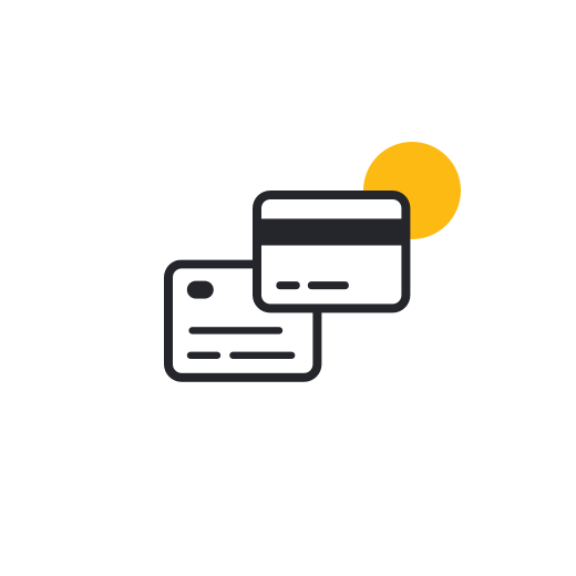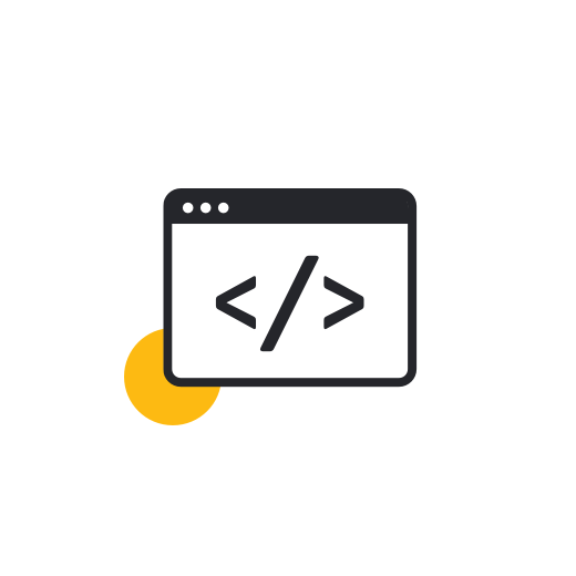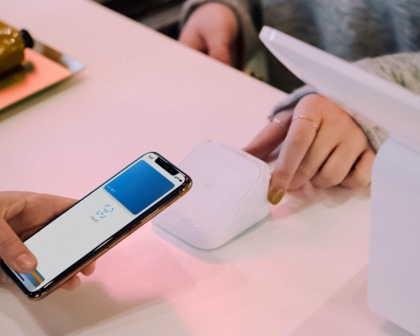Documentation
Build & customise your payments
Explore our range of developer resources and get everything you need to build secure payment pages across any device.

Getting started
Developer basics
Learn more about what you need to start building and integrating secure payment pages with Eway.

API specs
Start building
Access our API documentation and other developer resources to help you deliver your project as quickly and efficiently as possible – making you a hero in your clients’ eyes.

API snippets
Implement Eway fast
Our helpful pre-build API snippets include fraud protection, hosted payments, transparent redirect, and direct connection integrations.
Transparent Redirect
Want the superior user experience of keeping customers on your website? Eway’s Transparent Redirect is the way to go.
Direct Connection
Allows for purchases to be submitted directly to Eway, allowing processing of transactions in one, simple server side call.
Responsive Shared Page
A simple, good looking integration. Responsive Shared Page provides a hosted form for entering payment information.
iFrame
Provides the security and reduced PCI compliance scope of the Responsive Shared Page, with the advantage of customers never leaving your site.
Secure Fields
Secured Fields provide the flexibility of a form that appears entirely on the merchant's site, with fields that are hosted securely by Eway.
Secure Panel
Provides the flexibility of a form that appears entirely on the merchant's site, but where the credit card fields are hosted securely by Eway.
Refunds
Full and partial refunds can be processed for any transaction in eWAY.
Pre-Auth
Allows merchants to reserve funds on a customer's credit card without charging it.
Recurring Payments
Recurring Payments is ideal for subscriptions or instalments, allowing you to automatically charge customers on a daily, weekly, fortnightly or monthly basis.
Transaction Query
Return any details about the customer along with information about the transaction and any fraud rules that were triggered.
Token Payments
Capture your customers details once, and securely store them on eWAY's PCI DSS compliant servers for any time they wish to make a purchase in the future.
Settlement Search
Allows you to access the Settlement reports in MYeWAY by querying for the settlement summary, settlement transactions (individually) or both.
Use the Eway iOS SDK to accept payments in your iPhone or iPad application.
Taking payments with Apple Pay SDK in your iOS app is easy.
Android SDK supports three styles of implementation, depending on requirements.
The PHP SDK provides convenient access to all of Eway’s Rapid API features.
Use the Java SDK to create transactions, refunds, query transactions and more!
Accept payments quickly with the .NET SDK using Eway’s Rapid API.
Use the Eway Node.js SDK to accept payments, process refunds plus more.
Eway’s Ruby SDK is easiest to use and setup via RubyGems and Bundler.
Eway sandbox
Test before you go live
Our robust sandbox provides a safe environment for you to test transactions and receive real-time responses without a bank connection.





